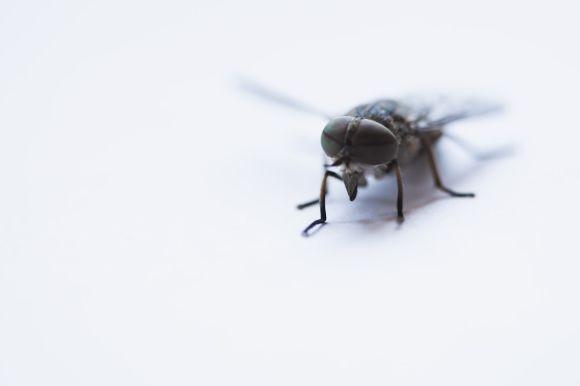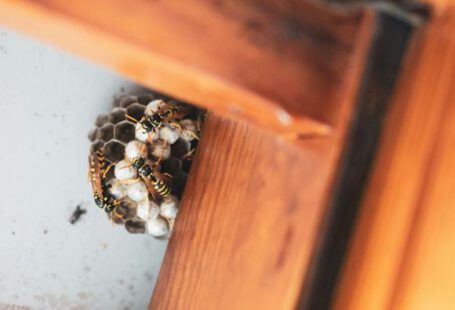Gardening is a wonderful hobby, but it can be frustrating when pests invade your plants and ruin all your hard work. However, there is a natural and effective solution – companion planting. By strategically planting certain plants together, you can create a garden that naturally deters pests and promotes a healthy ecosystem. In this article, we will explore some of the most effective companion plants for pest control.
Repelling Aphids with Marigolds
Aphids are a common pest that can wreak havoc on your garden. Luckily, marigolds are excellent companion plants for repelling these tiny insects. The strong scent of marigolds acts as a natural deterrent, keeping aphids away from your other plants. Plant marigolds near your vegetable garden or around your roses to protect them from aphid infestations.
Attracting Beneficial Insects with Dill
While some insects can be harmful to your garden, others are actually beneficial as they prey on pests. Dill is a great companion plant for attracting these helpful insects such as ladybugs, lacewings, and parasitic wasps. These insects feed on aphids, caterpillars, and other pests, keeping your garden healthy and pest-free. Plant dill near your vegetables or herbs to attract these beneficial insects and promote a balanced ecosystem.
Deterring Tomato Hornworms with Borage
Tomato hornworms are notorious for wreaking havoc on tomato plants. However, planting borage alongside your tomatoes can help deter these destructive pests. Borage is known for its attractive blue flowers and its ability to repel tomato hornworms. The strong scent of borage acts as a natural deterrent, keeping these pests away from your precious tomatoes.
Protecting Cabbage from Cabbage Worms with Nasturtiums
Cabbage worms can be a nightmare for anyone growing cabbage, broccoli, or other cruciferous vegetables. However, planting nasturtiums alongside these vegetables can provide protection. Nasturtiums emit a strong scent that repels cabbage worms, helping to keep your cruciferous plants healthy and free from damage. Additionally, the bright flowers of nasturtiums can also attract beneficial insects that prey on cabbage worms.
Repelling Mosquitoes with Rosemary
Mosquitoes are not only annoying, but they can also carry dangerous diseases. Planting rosemary in your garden can help repel these pesky insects. The strong scent of rosemary acts as a natural mosquito repellent, making it a great companion plant for outdoor seating areas or near windows and doors. Additionally, rosemary is a versatile herb that can be used in cooking, making it a useful and attractive addition to any garden.
Attracting Pollinators with Bee Balm
Pollinators such as bees, butterflies, and hummingbirds play a crucial role in the health and productivity of your garden. Bee balm is a beautiful flowering plant that attracts these important pollinators. Planting bee balm near your vegetables, fruits, or flowers can help attract bees and other pollinators, ensuring that your plants are properly pollinated and will produce a bountiful harvest.
Conclusion: Creating a Healthy and Pest-Free Garden
Companion planting is a natural and effective way to control pests in your garden. By strategically planting certain plants together, you can deter pests, attract beneficial insects, and promote a healthy and balanced ecosystem. Whether you are dealing with aphids, tomato hornworms, cabbage worms, or mosquitoes, there is a companion plant that can help. So why not give companion planting a try and create a beautiful, healthy, and pest-free garden?





